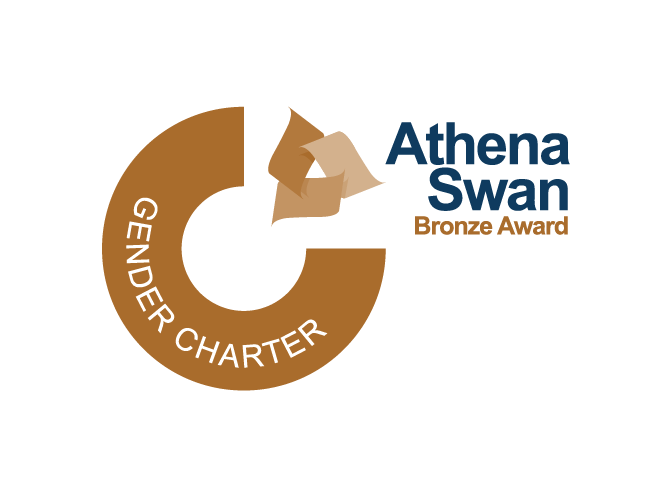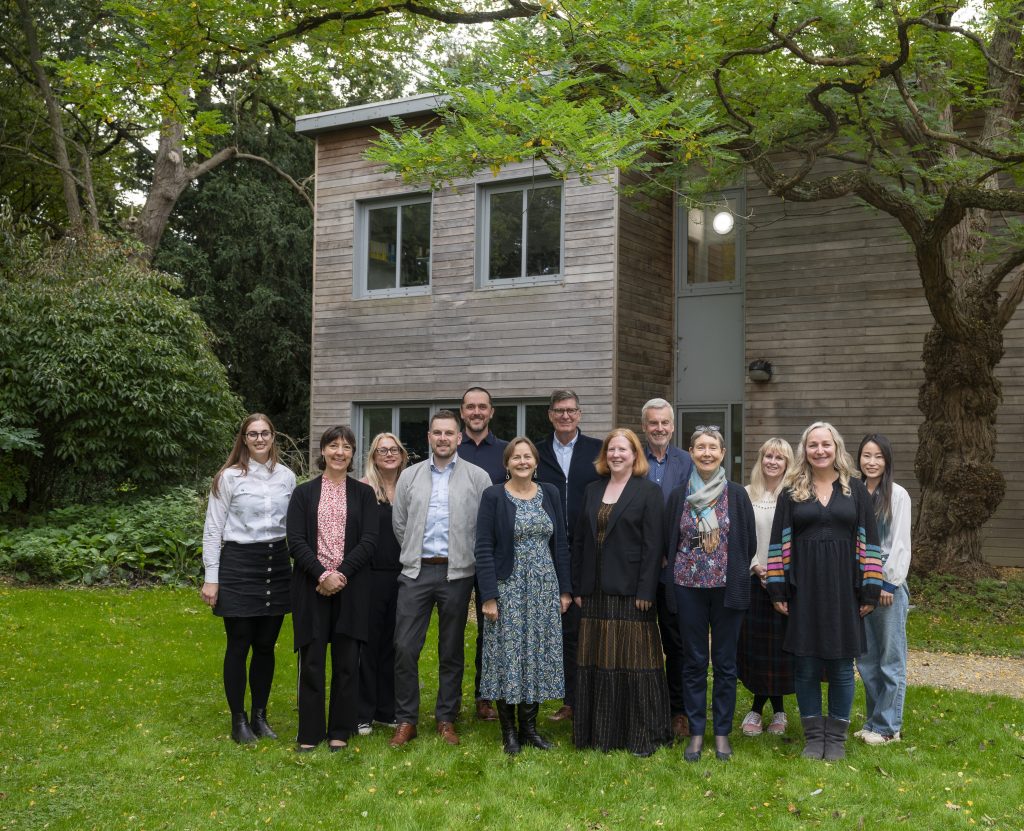A government-commissioned review has identified the best evidence about how to support all children to develop robust speech and language skills and support those who stammer.
It examines how nurseries, childminders, and early years professionals can identify children’s communication needs, deliver targeted interventions, and work together with families and specialists to secure better outcomes.
Currently young children with speech, language and stammering needs are at risk of missing out on effective support with significant implications for their confidence, learning, and long-term wellbeing.
Whilst a number of tools and approaches were identified, the report, Supporting Stammering, Speech, and Language Needs in the Early Years: A Rapid Evidence Review, highlights gaps in early identification tools and limited evidence-based interventions.
Professor of Child Language Development and Disorders Cristina McKean said: “It is vitally important that everyone working in the early children’s workforce receives the right training and support to be confident in providing speech and language enriching early years environments for all children, identifying children needing additional support and creating inclusive communication environments.”
The review found that integrated approaches, between speech and language therapy teams and early years settings bring clear benefits for everyone involved, from children and their families to the practitioners who support them.
Successful partnership work includes strong leadership from senior speech and language therapists, school and nursery leaders, and local authorities, as well as open communication and cross-professional teamwork.
These collaborative models help staff share skills and knowledge, improve confidence in spotting needs, and make better use of specialist resources.
For children, this means earlier support and better speech and language outcomes. Parents and carers also benefit, gaining confidence in helping their child, building stronger relationships with professionals, and engaging more effectively with wider services.
The review warns that big gaps remain, especially in spotting speech difficulties and stammering early, in proven interventions and in support for children who are bilingual.
Ensuring that early years practitioners have the skills, knowledge and confidence to support all children’s speech and language is a priority and will require sustained effort with a focus on high-quality and accessible training and local collaboration.
The report, commissioned by the Department for Education SEND Directorate, is a result of collaboration between researchers from the University of Oxford, Newcastle University, University of Melbourne and The Michael Palin Centre for Stammering.











